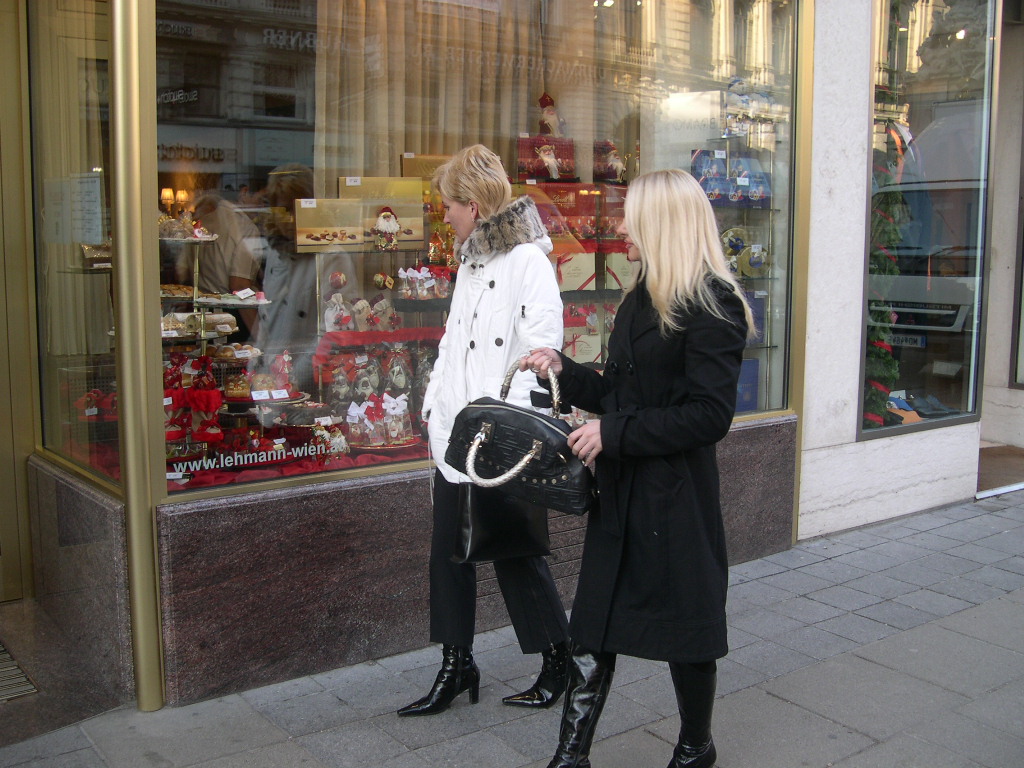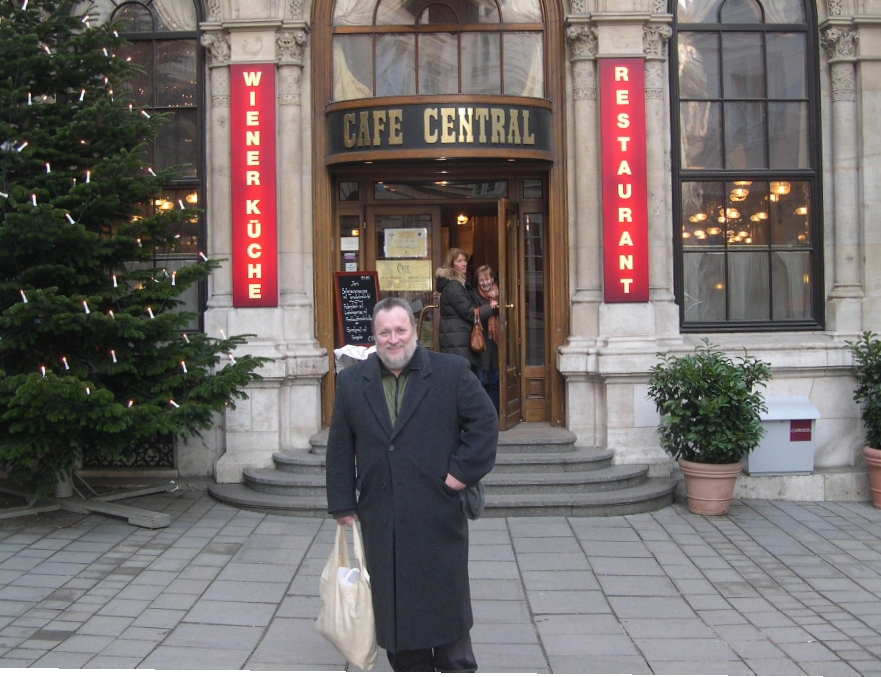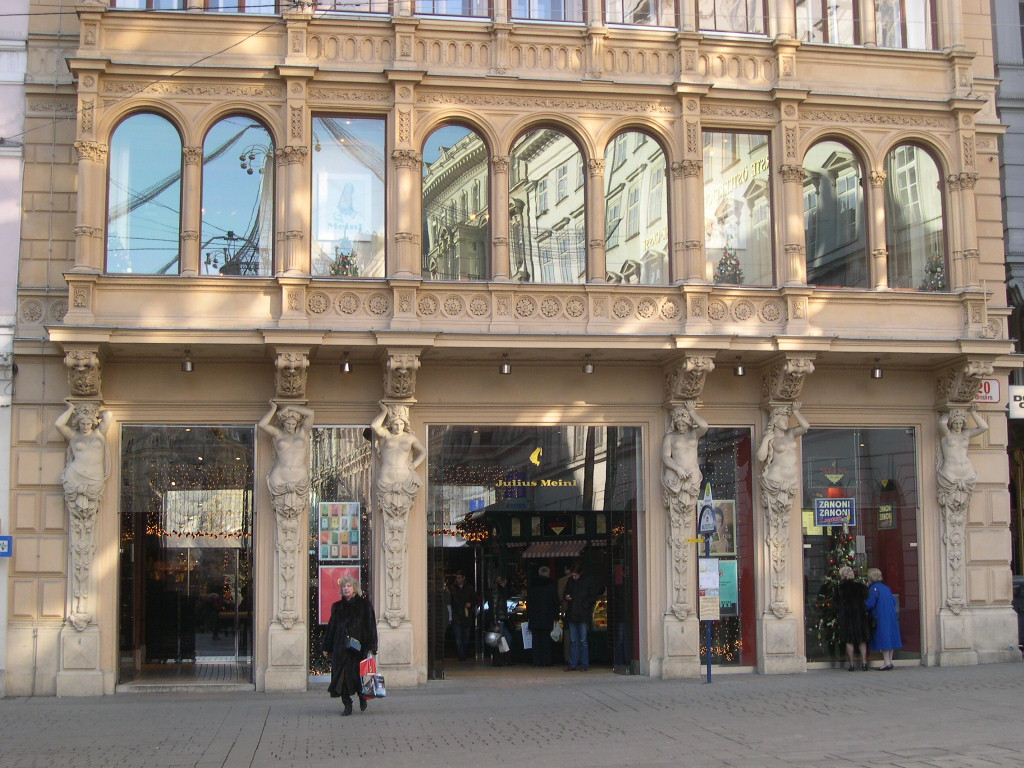A number of people have been angered by Walmart’s recent decision to stop selling guns and ammo of various types. I’m a little angry myself, but no that much — because I was wise to Walmart’s game a long time ago. Here’s what I wrote about the giant chain back in 2003 (!!!):
Guns, And Walmart
February 26, 2003
8:10 AM CDT
I’m aware that a whole bunch of people out there buy guns and ammo from Wal-Mart (not to mention all the other household stuff), and that’s fine. A couple of people know that I don’t especially care for Walmart myself, and have written to talk about it.
I’ve worked in and around the retail industry for over twenty-five years, for small operations and huge chains, and on two continents, so I know a little whereof I speak. Here are my thoughts on the matter.
1. I don’t like one organization, especially a retailer, to have a huge (or near-monopolistic) market share. I don’t think it’s healthy for the economy, despite the short-term consumer savings that a large organization brings to the market. When most of the smaller operations get put out of business, the community suffers, both economically and in spirit.
2. Despite the folksiness of their public demeanor, Walmart is a pretty damned predatory company in their dealings with both suppliers and competitors. They go after competition with a ferocity and lack of conscience that are truly disturbing. That’s fine, of course—it’s good business—but at some point, that attitude will turn around and bite the consumer too. When you become the only game in town, eventually you become arrogant. If Walmart tries to deny that this will happen to them, they’re ignorant of history: it always happens. Always.
3. Most insidiously, when one store becomes the sole channel for a specific product, it becomes progressively easier for that product to be controlled by legislation. When there’s only one faucet, it’s easy to stop the flow of water—when there are thousands, it’s more difficult.
4. Along the way, eventually, product choice becomes narrower when only one or two stores control all the sales. When all a store cares about is what sells now, the more esoteric items disappear because they either don’t move quickly enough for the store to generate profit, or the price is increased to generate a larger profit. So you either won’t find it, or it will be too expensive. This is Retailing 101.
That’s it. I don’t think that Walmart is good for the country in the long-term: near-monopolies seldom are.
As far as the gun business is concerned, I don’t think Walmart is good for the country right now. To their credit, they’ve made guns and ammunition cheaper in rural areas, and many people swear by them. But when you live in Wahoo WY and Walmart is the only game in town, don’t think for a moment that you’re going to have the ultimate gun store in Walmart, because you won’t.
Frankly, Walmart doesn’t give a shit about the gun business. It’s just another product category to them, like shirts or jeans, and most of their decisions are made at head office in Bentonville, not at the local level. If guns and ammo become too problematic for them in terms of regulation, product movement or return on investment, they’ll drop the category without a second thought—once again, that’s good business, and you can’t fault them for it—but gun owners will be totally screwed.
Sure, the gun store is more expensive: because he doesn’t have the daily profits from other categories like toys, CDs and sweatshirts to keep him in business. I know how it works: you shop around at the local gun stores, get all the information from the guys behind the counter, and then go to Walmart because that Remington 870 is $80 cheaper there. Congratulations. You got a great deal—and shafted the guy whose entire living depends on your dollars. If you’ve done this kind of thing before, and this paragraph didn’t give you a twinge of conscience, you ought to be ashamed of yourself.
Walmart can survive without selling guns and ammo. Your local gun store can’t. Think about it.
Then in April 2006, I noted this development:
Walmart Stores Inc. has decided to stop selling guns in about a third of its U.S. stores in what it calls a marketing decision based on lack of demand in some places, a company spokeswoman said Friday.
The world’s largest retailer decided last month to remove firearms from about 1,000 stores in favor of stocking other sporting goods, in line with a “Store of the Community” strategy for boosting sales by paying closer attention to local differences in demand.
Once again, Walmart demonstrated that as far as they’re concerned, guns are no different from jeans or audio CDs: no sales, bye-bye.
None of our Plano-area stores sell guns or ammo, I suspect because there are about a dozen gun stores (including Bass Pro and Cabela’s) in the immediate area; and I suspect that we’re not a price-sensitive group anyway so cheap shotguns aren’t going to attract too many buyers when for a dozen dollars more you can get personalized service from a proper gun store. And as far as I can tell, most gun owners up here have been buying their ammo online for over a decade — I being one of them, for sure. So it’s unsurprising, from a purely merchandising rationale, that Wally World doesn’t stock any gunny goodness in this neighborhood. Frankly, I wish WalMart would make it policy across all their stores (although I don’t think they will because of their rural stores’ contribution).
Now read what the CEO of Hornady has to say about dealing with these assholes:
In my previous life, I worked for a company that lived and died by Walmart. And like many companies, Walmart treated them poorly. And, as we were going through these things with Walmart, I decided that if I was ever in a situation where I didn’t have to do business with them, I would not. And when I got to Hornady, we were doing some business with them, it wasn’t a lot, but they started to become difficult to work with again. I was in a situation where I made the decision for our company to walk away and everybody in the company supported my decision. And we have not looked back.
And here’s my favorite part:
“As long as there is a Hornady at Hornady, we will never sell Walmart direct. They don’t support our industry.” – Jason Hornady, 2007
He points out, by the way, that if perchance you see Hornady products at Walmart, those would have come through a wholesaler — and from his tone, I don’t think Hornady is too happy about it.
So there you have it: Walmart is not our friend. Make changes to your own shopping habits as it suits you. And support your local gun store, regardless.









